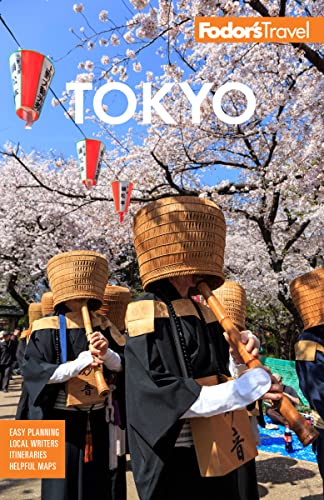Guide to Japanese Etiquette
Many Japanese expect foreigners to behave differently and are tolerant of faux pas, but they are pleasantly surprised when people acknowledge and observe their customs. The easiest way to ingratiate yourself with the Japanese is to take time to learn and respect Japanese ways.
General Tips
- Bow upon meeting someone, but don’t go over the top. Outside of formal situations a slight nod of the head will suffice.
- Pointing at someone is considered rude. To make reference to someone or something, gently wave your hand up and down in his or her direction.
- Direct expression of opinions isn't encouraged. It's more common for people to gently suggest something.
- Avoid physical contact with people you don’t know closely. A slap on the back or hand on the shoulder could be uncomfortable for a Japanese person.
- Avoid too much eye contact when speaking. Direct eye contact is a show of aggression and rudeness.
At Someone's Home
- Most entertaining is done in restaurants and bars. Don't be offended if you're not invited to someone's home.
- Should an invitation be extended, a small gift—perhaps a bottle of alcohol or box of sweets, ideally from your country—should be presented.
- At the entryway, remove your shoes and put on the provided slippers (if any). Remove your slippers if you enter a room with tatami flooring. Before entering the bathroom, remove your house slippers and switch to those found near the bathroom doorway.
- It's not customary for Japanese businessmen to bring wives along. If you're traveling with your spouse, don't assume that an invitation includes both of you. If you want to bring your spouse, ask in a way that eliminates the need for a direct refusal.
In Business Meetings
- For business meetings, meishi (business cards) are highly recommended. Remember to place those you have received in front of you; don't shove them in your pocket or scribble on them. It's also good to have one side of your business card printed in Japanese.
- Japanese position their employees based upon rank within the company. Don't be surprised if the proceedings seem perfunctory—many major decisions were likely made behind the scenes before the meeting started.
- Stick to last names and use the honorific -san after the name, as in Tanaka-san (Mr. or Mrs. Tanaka). Also, respect the hierarchy, and as much as possible address yourself to the most senior person in the room.
- Unfortunately, some Japanese businessmen still don't know how to interact with Western businesswomen. Be patient and, if the need arises, gently remind them that, professionally, you expect to be treated as any man would be.
At Lodgings and Ryokan
- When you arrive at a minshuku or ryokan, you will usually need to take off your shoes before entering the lobby and change into slippers (although in some places you only need to take your shoes off when entering your room). Remember to remove your slippers before entering your room; never step on the tatami (straw mats) with shoes or slippers.
- Before entering an onsen, make sure you wash and rinse off entirely before getting into the water. Do not get soap in the tub. Other guests will be using the same bathwater, so it is important to observe this custom. After your bath, change into the yukata provided in your room. Don't worry about walking around in it—other guests will be doing the same. Just don’t forget to wear underwear with the yukata, as they have a habit of slipping open.
At Restaurants
- Oshibori is a small hot towel provided in Japanese restaurants. This is to wipe your hands but not your face. If you must use it on your face, wipe your face first, then your hands, and never toss it on the table: fold or roll it up.
- When eating with chopsticks, don't use the part that has entered your mouth to pick up food from communal dishes. Instead, use the end that you've been holding in your hand. If there isn't a special chopstick rest provided, always rest chopsticks on the edge of the tray, bowl, or plate; sticking them upright in your food is reminiscent of how rice is arranged at funerals.
- There's no taboo against slurping your noodle soup, though women are generally less boisterous about it than men. Pick up the soup bowl and drink directly from it, rather than leaning over the table to sip it. Eat the fish, meat, or vegetables with your chopsticks.
- When drinking with a friend, never serve yourself. Always pour for the other person, who will in turn pour for you. If you would rather not drink, don't refuse a refill, just sip, keeping your glass at least half full.
- It's considered gauche to eat as you walk along a public street.
While Shopping
- After entering a store, the staff will greet you with irasshaimase, which is a welcoming phrase. A simple smile is an appropriate acknowledgment. After that, polite requests to view an item or try on a piece of clothing should be followed as anywhere in the West. Bargaining is common at flea markets, but not in regular stores.
- There's usually a plastic tray at the register for you to place your money or credit card. Your change and receipt, however, will usually be placed in your hand. It should be noted that many small shops do not accept credit cards.




